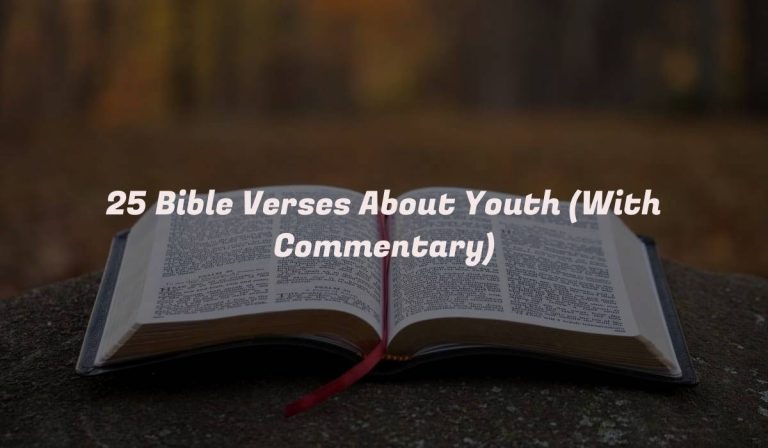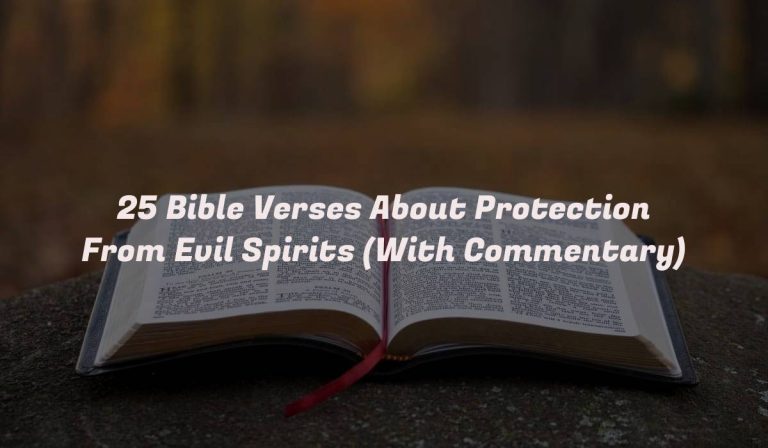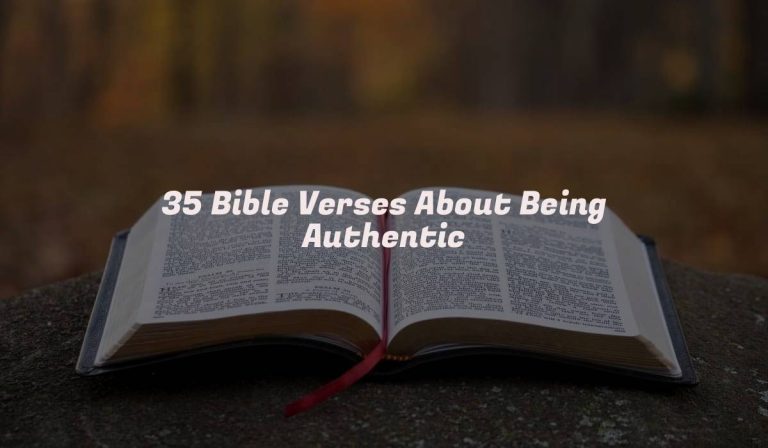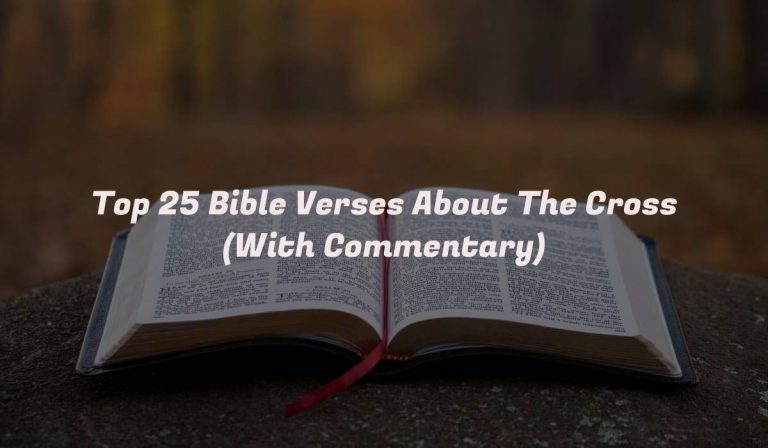Top 25 Bible Verses About Honey (With Commentary)
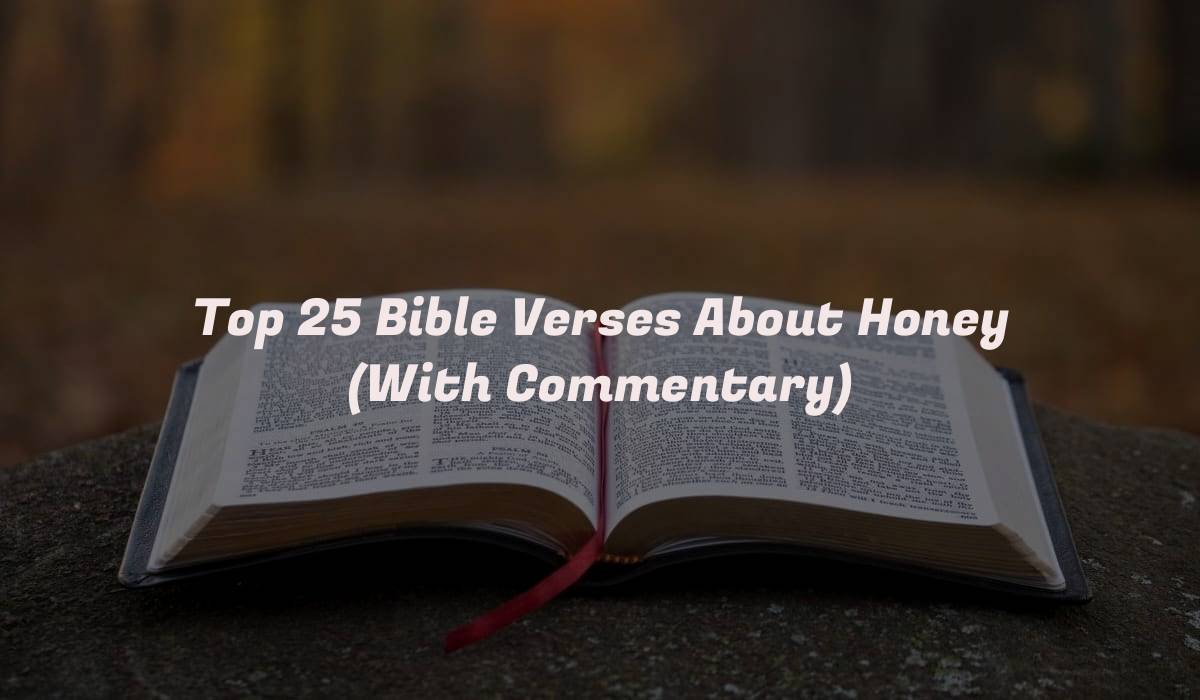
Honey, with its sweetness and richness, holds a special place in the Bible. It symbolizes abundance, nourishment, and the goodness of God’s creation. In this blog post, we’ll explore verses about honey, uncovering the spiritual lessons and blessings associated with this natural delight. Join me as we savor the sweetness of the scriptures, discovering how the principles found in honey can guide us towards a life of spiritual nourishment, contentment, and gratitude. Together, let’s indulge in the sweetness of God’s Word and experience the richness of His love in every season of life.
Bible Verses About Honey
1. Proverbs 24:13
“Eat honey, my son, for it is good; honey from the comb is sweet to your taste.”
Honey is praised in this verse for its goodness and sweetness. It is described as a delightful treat, pleasing to the palate. This suggests that honey can bring joy and pleasure to our lives. It reminds us to appreciate and enjoy the simple pleasures that God has provided for us.
2. Exodus 3:17
“And I have promised to bring you up out of your misery in Egypt into the land of the Canaanites, Hittites, Amorites, Perizzites, Hivites and Jebusites—a land flowing with milk and honey.”
Honey is mentioned here as one of the blessings that await the Israelites on their journey from Egypt to the Promised Land. This symbolizes the abundance and richness of the land they will inherit. It represents God’s provision and the fulfillment of His promises. Honey is used as a metaphor for a prosperous and abundant life.
3. Psalm 19:10
“They are more precious than gold, than much pure gold; they are sweeter than honey, than honey from the honeycomb.”
Here, the psalmist declares that God’s precepts, His commandments, and His ways are more valuable than any earthly treasures. They are compared to honey, which is known for its sweetness. This verse emphasizes the worth and desirability of God’s teachings in our lives.
4. Judges 14:8
“After some time, when he returned to get her, he turned aside to look at the carcass of the lion. There was a swarm of bees and honey in the carcass of the lion.”
In this story, Samson discovers a swarm of bees and honey inside the carcass of a lion he had previously slain. This encounter with honey represents the unexpected blessings that God can bring out of unexpected circumstances. It highlights God’s ability to turn even the most unusual or seemingly negative situations into something good.
5. Proverbs 16:24
“Gracious words are a honeycomb, sweet to the soul and healing to the bones.”
This verse suggests that kind and gentle words have a soothing and comforting effect on our spirits. They are compared to honey, which brings sweetness and healing. It reminds us of the power our words have to either uplift or bring others down. Our words should be used to encourage, uplift, and bring healing to those around us.
6. Song of Solomon 4:11
“Your lips drop sweetness as the honeycomb, my bride; milk and honey are under your tongue.”
In this poetic imagery, the beloved’s lips are compared to the sweetness of honey. This verse symbolizes the enchanting words and affectionate speech exchanged between a bride and groom. It represents the depth of love and attraction shared between two individuals.
7. Matthew 3:4
“John’s clothes were made of camel’s hair, and he had a leather belt around his waist. His food was locusts and wild honey.”
This verse describes the diet of John the Baptist, who lived a simple and ascetic lifestyle. It mentions that he ate wild honey along with locusts. This illustrates how honey can be found naturally in the wilderness and can sustain us even in the most basic circumstances.
8. Proverbs 25:16
“If you find honey, eat just enough—too much of it, and you will vomit.”
This verse advises moderation in enjoying honey. It teaches the importance of self-control and not indulging excessively in the pleasures of life. Even though honey is sweet and delightful, consuming too much of it can lead to negative consequences. It serves as a reminder to exercise discipline in all areas of our lives.
9. Deuteronomy 26:9
“He brought us to this place and gave us this land, a land flowing with milk and honey.”
The phrase “land flowing with milk and honey” is used multiple times in the Bible to describe the Promised Land. It symbolizes a land of abundance, richness, and prosperity. It is a reminder of God’s faithfulness in leading the Israelites to a place of provision and blessing. It represents the fulfillment of God’s promises to His people.
10. Ezekiel 3:3
“Then he said to me, ‘Son of man, eat this scroll I am giving you and fill your stomach with it.’ So I ate it, and it tasted as sweet as honey in my mouth.”
In this vision, Ezekiel is instructed to consume a scroll containing the words of God. After eating it, he describes the taste as sweet as honey. This signifies that God’s Word is not only nourishing and satisfying but also pleasurable to our souls. It emphasizes the significance and sweetness of digesting and understanding God’s teachings.
11. Proverbs 5:3
“For the lips of the adulterous woman drip honey, and her speech is smoother than oil.”
This verse warns against the seductive and deceptive words of an adulterous woman. It compares her words to honey, indicating that they may initially appear sweet and enticing. However, they ultimately lead to destruction and betrayal. It serves as a reminder to be cautious and discerning when it comes to the influence and persuasion of others.
12. Psalm 119:103
“How sweet are your words to my taste, sweeter than honey to my mouth!”
The psalmist expresses the delight and joy found in meditating on the words of God. The sweetness of honey is used to illustrate how satisfying and fulfilling God’s Word is to our souls. It emphasizes the importance of cherishing and savoring the Scriptures, recognizing their value and nourishment in our spiritual lives.
13. Proverbs 27:7
“A satisfied soul loathes the honeycomb, but to a hungry soul every bitter thing is sweet.”
This verse contrasts the perspective of a satisfied soul and a hungry soul. It suggests that when our needs are met and we are content, even something as sweet as honey may lose its appeal. However, when we are hungry and lacking, even bitter things can be perceived as sweet. It reminds us to appreciate and be grateful for what we have, rather than constantly desiring more.
14. Luke 24:42
“They gave him a piece of broiled fish, and he took it and ate it in their presence. He said to them, ‘This is what I told you while I was still with you: Everything must be fulfilled that is written about me in the Law of Moses, the Prophets, and the Psalms.’”
In this passage, Jesus eats a piece of broiled fish in front of His disciples. While honey is not mentioned explicitly, this verse points out that Jesus consumed food to demonstrate His physical resurrection and to confirm His identity as the Messiah. It serves as a reminder of the reality of Jesus’ resurrection.
15. Isaiah 7:15
“He will be eating curds and honey when he knows enough to reject the wrong and choose the right.”
This verse is a prophecy about a child who will be born and will possess the ability to distinguish between good and evil. The mention of eating curds and honey signifies a simple and humble diet. It indicates that this child will be raised in humility and simplicity, yet possess wisdom and righteousness.
16. Hebrews 5:12-14
“In fact, though by this time you ought to be teachers, you need someone to teach you the elementary truths of God’s word all over again. You need milk, not solid food! Anyone who lives on milk, being still an infant, is not acquainted with the teaching about righteousness. But solid food is for the mature, who by constant use have trained themselves to distinguish good from evil.”
This passage emphasizes the importance of spiritual maturity and growth in our understanding of God’s Word. It likens the basic teachings of the Word to milk, while solid food represents a deeper understanding of righteousness. Just as honey can be a sign of maturity, this verse encourages believers to continually strive for spiritual growth and discernment.
17. Psalms 81:16
“But you would be fed with the finest of wheat; with honey from the rock I would satisfy you.”
In this verse, God promises to provide for His people with the finest of wheat and satisfy them with honey from the rock. It signifies that God’s provision is not limited to what is easily accessible, but He can provide even in the most challenging and unexpected circumstances. It illustrates God’s abundant and unending ability to meet our needs.
18. Judges 14:9
“Samson scooped out the honey with his hands and ate it as he went along. When he rejoined his parents, he gave them some, and they too ate it. But he did not tell them that he had taken the honey from the lion’s carcass.”
Here, Samson eats the honey he found in the carcass of the lion and also shares it with his parents. This verse showcases both the sweetness of honey and Samson’s audacious actions. The honey serves as a reminder that even in the midst of fear or challenges, God can provide unexpected blessings. It also highlights Samson’s disobedience in consuming something considered unclean.
19. Revelation 10:9-10
“So I went to the angel and asked him to give me the little scroll. He said to me, ‘Take it and eat it. It will turn your stomach sour, but ‘in your mouth it will be as sweet as honey.’ I took the little scroll from the angel’s hand and ate it. It tasted as sweet as honey in my mouth, but when I had eaten it, my stomach turned sour.”
In this vision, the Apostle John is instructed to eat a little scroll. Initially, it tastes as sweet as honey, representing the appeal and significance of the message contained within. However, upon further reflection, the weight and impact of the message bring a sense of bitterness. This verse illustrates the complexity of God’s Word and the multifaceted response it can evoke within us.
20. Proverbs 25:27
“It is not good to eat too much honey, nor is it honorable to search out matters that are too deep.”
This verse highlights the potential dangers of excessive indulgence in honey. While honey is desirable, consuming too much of it can lead to negative consequences. Similarly, it warns against delving too deeply into matters beyond our comprehension. This verse encourages a balanced approach, advocating moderation and avoiding unnecessary complications. It serves as a reminder to exercise wisdom and prudence in all aspects of life.
21. 1 Samuel 14:27
“But Jonathan had not heard that his father had bound the people with the oath, so he reached out the end of the staff that was in his hand and dipped it into the honeycomb. He raised his hand to his mouth, and his eyes brightened.”
In this story, Jonathan, Saul’s son, unknowingly violates Saul’s oath by tasting honey. The honey brings refreshment and revitalization to Jonathan, energizing him as he continues his battle against the Philistines. This verse illustrates the restorative and invigorating properties of honey. It also shows the contrast between Saul’s irrational command and Jonathan’s innocent act, highlighting the importance of good judgment.
22. Proverbs 16:24
“Pleasant words are a honeycomb, sweet to the soul, and healing to the bones.”
This verse emphasizes the power of kind and encouraging words. Just as honey brings sweetness and healing, pleasant words can soothe and uplift. It emphasizes the importance of using our words to build others up and bring healing into their lives. This verse encourages us to be mindful of the impact our words can have on others and to choose them wisely.
23. Psalm 119:127
“Because I love your commands more than gold, more than pure gold, and because I consider all your precepts right, I hate every wrong path.”
In this psalm, the psalmist expresses their deep love for God’s commands and precepts. They value and treasure God’s instructions more than material wealth. This verse implies that the psalmist finds greater satisfaction and worth in following God’s ways rather than seeking worldly possessions. It challenges us to examine our own priorities and reminds us of the incomparable value of living in alignment with God’s will.
24. Isaiah 7:22
“From the abundance of milk they give, there will be curds to eat. All who remain in the land will eat curds and honey.”
This verse depicts a future time of abundance and provision in the land. It speaks of a time when curds and honey will be enjoyed by the inhabitants. The mention of both curds and honey signifies an abundant and bountiful season. It symbolizes the blessings and prosperity that God provides for His people when they remain in His promises and obey His commands.
25. Leviticus 2:11
“Every grain offering you bring to the LORD must be made without yeast, for you are not to burn any yeast or honey in a food offering presented to the LORD.”
In this verse, regulations for grain offerings are laid out, specifying that yeast and honey should not be included. This instruction may serve as a reminder that offerings made to the Lord should be presented in their purest form, without any additives or sweeteners. It indicates the importance of presenting offerings with sincerity and honesty, reflecting a heart devoted to God.
What does the Bible say About Honey?
In the Bible, honey is mentioned in various contexts, and its symbolism carries several meanings. Honey is often associated with sweetness, abundance, and God’s blessings. The Promised Land, described as “a land flowing with milk and honey,” is considered a symbol of God’s abundant provision and blessings for His people.
Honey is frequently praised for its delightful taste and is used to illustrate the goodness of God’s word. In Psalm 119:103, it is written, “How sweet are your words to my taste, sweeter than honey to my mouth!” This verse highlights the satisfaction and pleasure found in understanding and meditating on God’s teachings.
Moreover, honey is also linked with wisdom and knowledge. Proverbs 24:13-14 compares wisdom to honey, stating that it is pleasant to the soul and leads to a hopeful future for those who find it.
In the narrative of Samson, a judge in Israel, honey becomes a symbol of God’s unexpected provision. After defeating a lion, Samson later found honey in the carcass of the lion, which he shared with his parents, despite his Nazirite vow against touching dead bodies (Judges 14:8-9). This incident portrays God’s ability to bring sweetness even out of unexpected situations.
While honey is generally seen positively in the Bible, there are also warnings against its excessive consumption. Proverbs 25:27 advises, “It is not good to eat too much honey, nor is it honorable to search out matters that are too deep.” This verse cautions against indulging in excess and delving into matters beyond our understanding.
Overall, the Bible uses honey as a metaphor to convey various spiritual lessons, emphasizing the sweetness of God’s word, His abundant blessings, the value of wisdom, and the need for moderation in all things.


